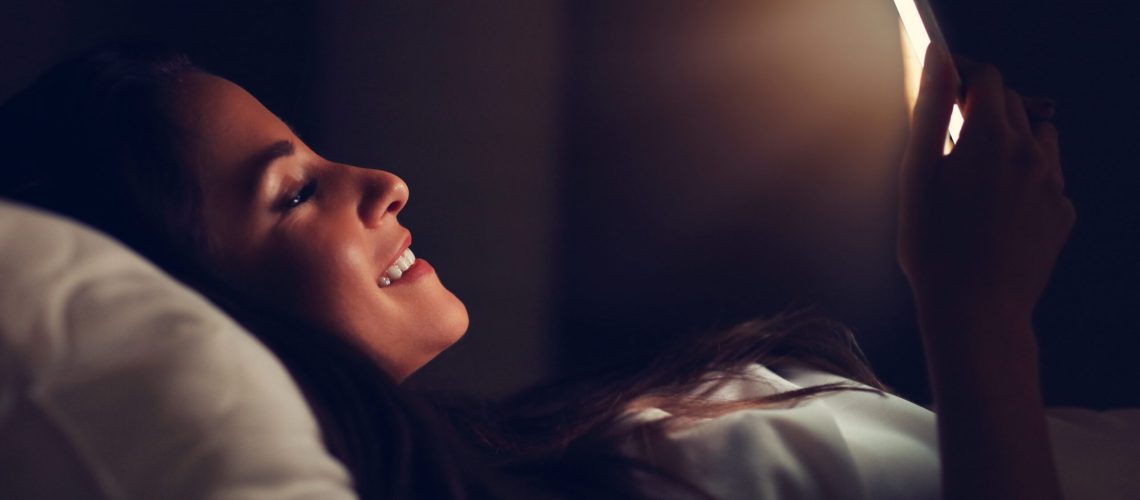Is your smartphone keeping you awake at night? Believe it or not, these seemingly harmless devices may be a big reason why as many as 48% of Americans get less than 7 hours of sleep at night.
The body cannot function without proper rest. While there are no confirmed reports of anyone dying from lack of sleep, living without it is impossible. At some point, you will drop from exhaustion.
The Effects of Lack of Sleep
Even if you sleep a few hours a night, not getting enough can cause some unpleasant side effects. You may feel tired and have difficulty concentrating or remaining alert. You may also have memory difficulties and even problems with coordination. Plus, you may feel irritable and have an increased appetite.
Why does the body experience these side effects? Why is sleep so necessary? While researchers don’t exactly know why it is necessary, there is a lot of information about the reparative nature of sleep.
What Happens During Sleep?
Contrary to what you may think, your body is not inactive when you are asleep. It is busy repairing damage and healing from the effects of the day. The brain is hard at work managing the plasticity of its synapses and clearing away unneeded brain pathways. The rest of the body is restoring muscle damage and replenishing energy stores.
What Disrupts Your Sleep?
The circadian rhythm is an important 24-hour cycle that presents itself even when all cues such as light and time are taken away. However, these external cues do affect the circadian rhythm and can be strong enough to disrupt the cycle when presented at the wrong time. For example, when you use your smartphone or another electronic device right before bed.
Electronic devices emit blue light that has a significant effect on your circadian rhythm. It can disrupt the production of melatonin, which is the hormone that helps the body go to sleep. It also stimulates the production of norepinephrine, a neurotransmitter associated with arousal and alertness.
This prevents the body from properly settling down and preparing itself for sleep. It can take longer for you to fall asleep and reduce the quality of the sleep you get when you finally do fall asleep.
Getting Better Sleep
Are you having trouble sleeping? Exposure to blue light could be your problem. Experts recommend not using any electronic devices or watching TV in bed for at least an hour before going to bed. If use is absolutely necessary, using red-colored lenses before bed may help to mitigate the effects of blue light.

